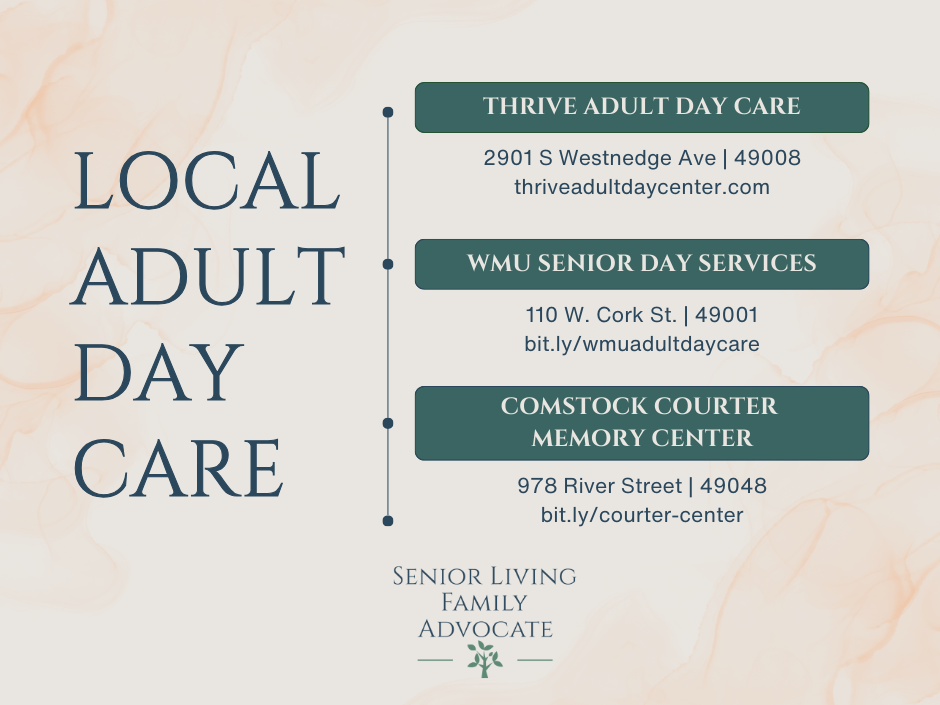How a Medical Social Worker Can Support Your Aging Loved One
- Cheryl Harris

- Mar 13, 2025
- 2 min read
Updated: Mar 14, 2025
Caring for an aging loved one can feel overwhelming. Families often struggle with understanding their options, managing healthcare transitions, and finding the right support services. However, you don’t have to navigate this journey alone. Many people don’t realize that medical social workers, discharge planners, and case managers are available—for free—to help guide them through this process.
If you or a loved one need extra support, here’s what you should know about how medical social workers can help and how to access their services.

What Does a Medical Social Worker Do?
Social workers in hospitals, medical offices, and care facilities serve as a bridge between patients and essential resources. Their role includes:
Assessing Needs – Social workers evaluate a patient’s emotional, financial, and medical situation to determine what services and support they require.
Providing Advocacy – Acting as patient advocates within the healthcare system, social workers help ensure that seniors receive the appropriate care and services.
Offering Education & Support – They provide guidance on medical conditions, treatment options, and coping strategies, helping both patients and families make informed decisions.
Assisting with Discharge Planning – After a hospital stay, social workers help coordinate transitions to home care, rehabilitation facilities, or senior living communities, ensuring a smooth process.
For families who feel lost in the complexity of healthcare, a social worker can be a crucial resource in finding the right path forward.
How to Get a Social Worker’s Help
If you think your loved one could benefit from a social worker’s guidance, it’s simple to get started:
Ask your loved one’s primary care physician or care team. Most hospitals and medical offices have social workers on staff, and their services are available at no cost to families.
Many families don’t realize that these resources exist—so don’t hesitate to ask about social worker support during doctor’s visits, hospital stays, or care planning discussions.
How I Work with Social Workers
Many social workers refer families to me when they need assistance with senior living decisions and long-term care options. While social workers provide essential guidance on healthcare transitions, I help families explore their next steps, including:
Finding the right senior living community based on individual care needs and preferences
Understanding available resources for financial planning, estate sales, and moving assistance
Providing emotional support to help families feel confident and informed in their choices
If you’ve been referred to me by a social worker—or if you’re just starting to explore options for your aging loved one—I’m here to help!
📞 Call or text me at 269-207-1720, and let’s talk about the best options for your family.
A Final Thank You to Social Workers
As we celebrate National Social Worker Month, I want to extend my deepest gratitude to the incredible social workers who dedicate their time and energy to serving seniors and their families. Your work is life-changing, and I appreciate everything you do!
If you’re a social worker, a senior care professional, or a family looking for support, let’s connect. Together, we can make this journey easier for the aging adults we care about.
Have questions or need guidance? Reach out today!


Comments